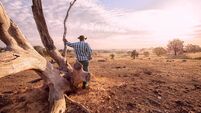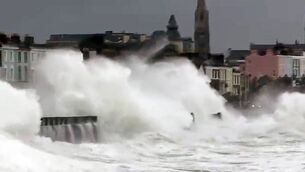Minister calls for focus in future Games
The minister said sports authorities in Britain and China had concentrated on events like cycling and sailing in a deliberate effort to win medals and had succeeded. He said Ireland needed to take a similar approach in preparations for the next Games in London in 2012.
“I am going to talk to all the individual bodies and the Sports Council to look at what we can target in advance of London,” said Mr Cullen.













